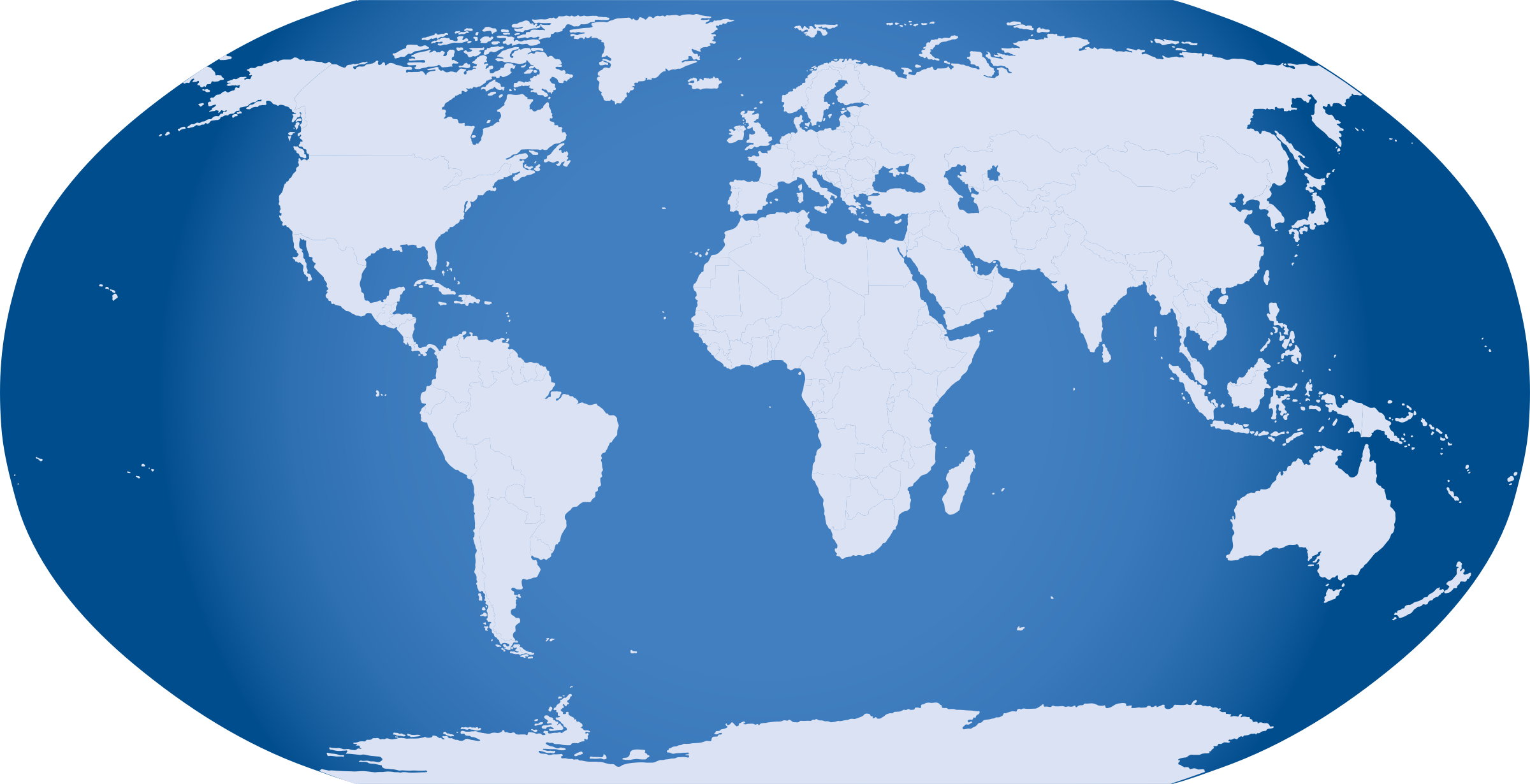The Bahá’í teachings on world unity and climate change converge upon a singular, imperative truth: the well-being of humanity is if not inextricably linked, then profoundly intertwined with the health of our planet. The interdependence of these two facets illustrates a holistic approach to human existence, urging us to recognize the intricate tapestry of life that we all share. Just as a single thread can impact an entire woven fabric, our actions regarding climate influence social cohesion and vice versa.
At the core of Bahá’í principles lies the profound concept of unity. This principle asserts that humanity forms a single race, and as such, the advancement of all is inherently tied to the advancement of each. In contemplating world unity, it becomes apparent that the division in our social and political arenas is mirrored by the fragmentation of our environmental stewardship. Climate change, a quintessential global crisis, underscores the necessity for collective responsibility. As we grapple with challenges that defy borders and individual efforts, we must understand that these trials demand a unified response.
Metaphorically speaking, consider the earth as a vast interconnected organism. Much like the human body, where the ailment of one part can lead to systemic failure, the neglect of our environment threatens the viability of human existence itself. Climate change serves as an urgent reminder of this interconnection, and it beckons us to act with solidarity. Bahá’í teachings advocate for this collective action, emphasizing that we must transcend national and cultural boundaries in pursuit of a common goal—to preserve the delicate balance of our ecological systems.
Environmental degradation, fueled by individualistic pursuits and competition, emerges as a reflection of societal disunity. The rampant exploitation of resources often stems from a scarcity mindset, wherein nations and individuals prioritize short-term gain over long-term sustainability. This perspective inevitably sows discord and erodes the fabric of communities, thereby undermining the essence of world unity that Bahá’í teachings emphasize. A shift toward recognizing our shared stewardship of the earth necessitates a reevaluation of values and priorities.
Moreover, the Bahá’í concept of justice is intimately connected with environmentalism. Justice demands equity not only amongst people but also between humanity and nature. Climate change disproportionately impacts the world’s most vulnerable populations, exacerbating existing inequities. Thus, addressing environmental issues is not simply an ecological endeavor; it is a moral imperative. Upholding justice may, therefore, require that we engage in environmental advocacy, mitigating the shrinking space available for the oppressed and marginalized who are often the most afflicted by climate crises.
In this context, the notion of governance assumes vital importance. Both world unity and climate action necessitate effective, inclusive, and transparent leadership structures. Bahá’í teachings propose a model of governance based on consultation and collective decision-making, inviting diverse voices into the dialogue. This method not only fosters a sense of belonging but also ensures that the solutions devised resonate with the varied experiences and insights of all segments of society. The principles of consultation encourage us to forge pathways to solutions that honor ecological integrity while nurturing interpersonal harmony.
Furthermore, education emerges as a pivotal catalyst for fostering a unified world ethos. The Bahá’í Faith places significant emphasis on the transformative power of education, not merely as a conduit for knowledge, but as a vehicle for fostering moral and ethical development. By instilling a deep-seated appreciation for both human dignity and environmental sustainability in future generations, educational initiatives can cultivate a sense of shared responsibility towards both society and the planet. Such an informed populace is better equipped to advocate for policies that harmonize with the planet’s needs.
Art and creativity can also serve as resonant channels for expressing the symbiosis between world unity and environmental stewardship. The interplay of artistic expression reflects the diversity of human experience while fostering empathy—a fundamental tenet of Bahá’í teachings. Artistic endeavors can poignantly highlight the beauty of our world, moving individuals to act to protect it. Through music, literature, and visual arts, a common narrative can emerge, galvanizing collective action and commitment to addressing climate change.
To encapsulate, as the clock relentlessly ticks towards an environmental precipice, the Bahá’í teachings beckon humanity to embrace world unity and climate action as two facets of an indivisible reality. The metaphor of an interconnected organism aptly frames our current predicament; if one part falters, all must reckon with the consequences. To foster a sustainable future, we must collectively prioritize both social and environmental well-being, recognizing that genuine progress resides in the rich interplay between these two domains.
Ultimately, as we navigate the challenges that lie ahead, the guidance of Bahá’í principles advocates for an integrated approach to life—a synthesis that champions collaboration, justice, and education. With each step toward unity and environmental stewardship, we not only safeguard our planet but also affirm our shared humanity, weaving a resilient tapestry where every thread contributes to a brighter, sustainable future.
